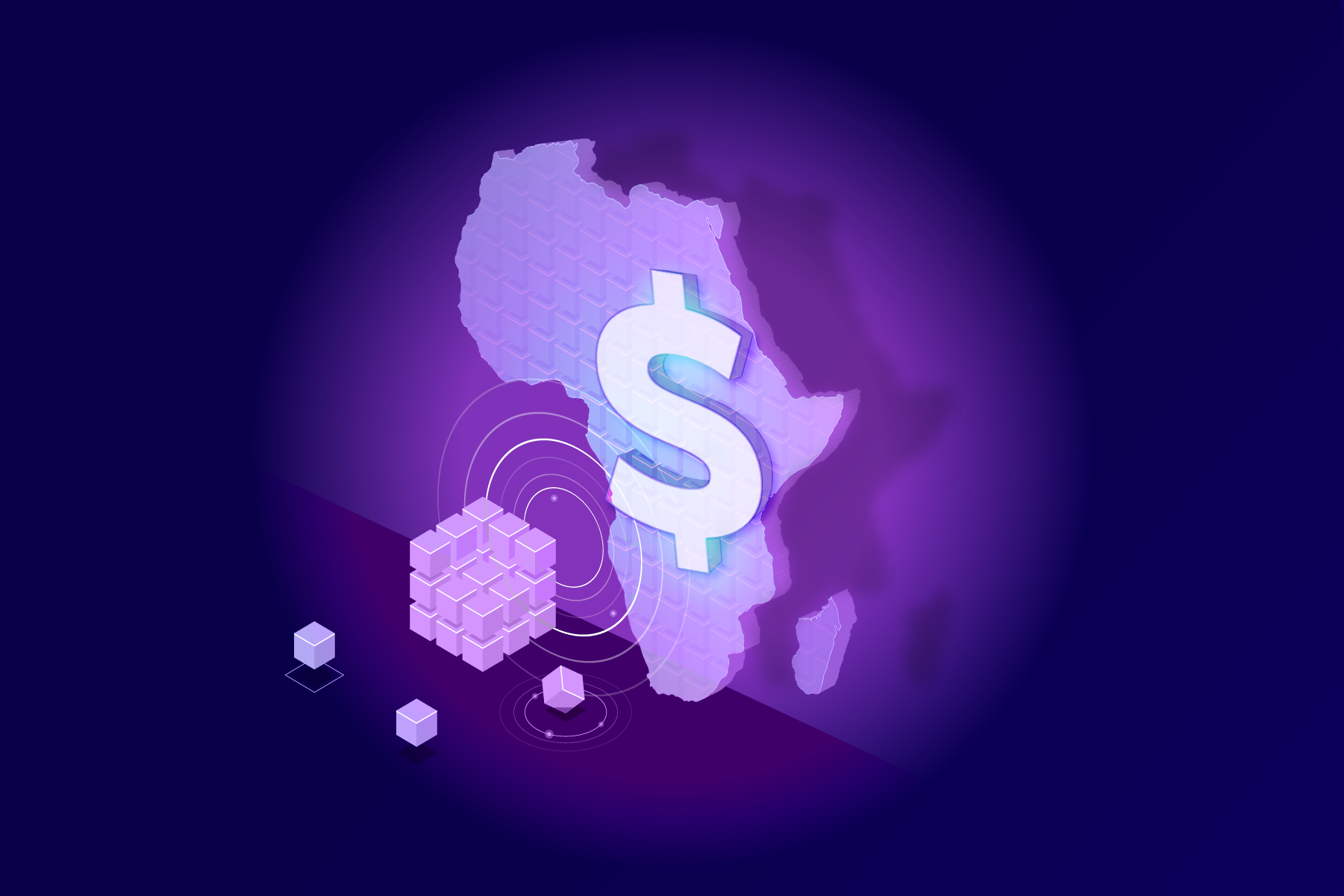
Data: the building block of successful DRM in Africa
Domestic revenue mobilization (DRM) and sustainable development go hand in hand. That is especially the case in emerging and developing countries. Unfortunately, many of these countries, in Sub-Saharan Africa more specifically, have not yet achieved their full fiscal potential. They, therefore, deprive themselves of much-needed funds for development. The recommendations from international organizations like the World Bank and the OECD imply that African governments have insufficient information about their respective country’s fiscal ecosystem. This stops them from creating the right conditions for optimal tax collection. Data may therefore be the key to improved tax collection and therefore to effective domestic revenue mobilization.
Data: the champion of DRM and development
As a matter of fact, both the World Bank and UNU-Wider recognize the importance of data when it comes to effective domestic revenue mobilization (DRM). African governments can access such data through international organizations such as the International Monetary Fund (IMF), for instance. However, according to UNU-Wider, the quality of the tax- and revenue-related data available from the IMF is “seriously deficient”. As a result, it may not provide a reliable basis for research or policymaking. African governments may therefore need an alternative when it comes to accessing the data they need to boost their DRM. But what is this alternative? How can African governments access fiscal data without relying on international organizations?
To remedy the observed data gap, the International Centre for Tax and Development (ICTD) created the Government Revenue Dataset (GRD), during the period 2010-2014. The purpose of the GRD is to produce “a substantially more complete and accurate database of government revenues, allowing for more reliable and comparable cross-country tax research”, says UNU-Wider. Thanks to the GRD, researchers, and policymakers can obtain the data they need to get a full picture of their respective country’s tax ecosystem and create effective and relevant policies. Still, what if there was a more direct way for African governments to access such data, without having to turn to the IMF and/or other international financial organizations, or even secondary sources like the GRD?
Before answering the questions above, let us remind ourselves of the crucial role DRM plays in promoting sustainable development in Africa, and of the challenges that stand in the way of successful DRM. The continent has a lot on its plate in that respect. Indeed, it is working to achieve critical development goals such as the 2030 Agenda for Sustainable Development and implement the Addis Ababa Action Agenda, as well as the African Union’s Agenda 2063. This requires substantial additional funds to which effective DRM could make a solid contribution. DRM is indeed an essential source of financing for low-income and emerging economies, says the IMF. Due to this positive relationship between DRM and development, the former has received increasing attention in recent years.
Hurdles to successful DRM in Africa
The Covid-19 pandemic may also have played a part in bringing DRM into focus. Until it began, Africa had been making encouraging progress in this domain, according to the OECD’s Revenue Statistics in Africa 2022 report. However, the same report also shows that in 2020, the continent’s average tax-to-GDP ratio decreased by 0.3%, to 16%. It adds that tax revenues dropped by 0.5% and that 24 of the 31 countries included in the report saw their tax-to-GDP ratio decline compared to the previous year. Although in 2020 the average tax-to-GDP ratio in Africa was slightly higher than the 15% recommended by the World Bank, more than half (16 out of 31) of the countries recorded a ratio lower than 15%. Focusing on optimizing DRM in Africa would help the continent achieve its fiscal potential and therefore reach its development goals.
However, Covid-19 is of course not the sole factor in Africa’s fiscal woes. With the pandemic now receding from view, other more lasting issues continue to represent hurdles to effective and comprehensive DRM in Africa and therefore need to be addressed. These hurdles include the sheer size of the informal economy, tax administrations in dire need of modernization and digitalization, a regulatory gap, misreporting, and a lack of information or data on the African countries’ respective fiscal ecosystem.
Data technology to the rescue
Out of these challenges, the lack of data stands out as the one which, if resolved, could help resolve the others at the same time. Indeed, improved data access would give African governments better visibility of both the formal and informal sectors, and would assist policymakers in the creation of appropriate regulation. It would also greatly facilitate compliance monitoring. Additionally, data collection and analysis imply the use of technologies that, once implemented, would help tax administrations upgrade their operations and accompany them on their path toward digital transformation. The availability of good quality data is heavily reliant on the implementation of technological tools, as the latter greatly streamline the process, making it considerably quicker and more reliable.
GVG’s regtech solutions, for instance, allow governments to automatically and independently track revenue-generating events from key economic sectors like telecoms, digital financial services, and gambling. They collect the data straight from the sectors concerned and analyze it to provide the relevant authorities with a clear, full picture of the country’s fiscal ecosystem. Equipped with this comprehensive and accurate data, the authorities can take the necessary measures to widen their tax base, enforce tax compliance and support their policymaking processes. The resulting increase in tax revenue can then be channeled into development projects.
DRM is a compelling example of the potential of data and its related technology to empower African governments when it comes to development. Initiatives like the GRD are certainly a major improvement for African nations, as regards access to good-quality tax-related data for the purpose of improving the DRM. However, the best prize would be for these countries to have the capacity to collect and analyze data directly from their own tax ecosystem.
Want to read more about driving DRM through technology? Click here.
